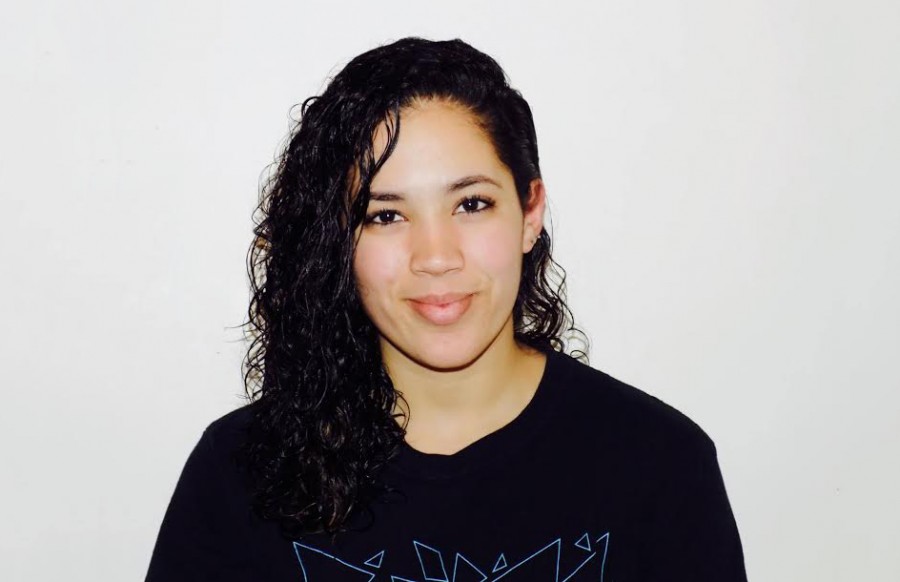Beyonce’s Lemonade Is Too Little Too Late
April 28, 2016
On April 23, Beyoncé dropped her highly anticipated visual album “Lemonade,” causing the internet to officially go insane. The album contains a number of songs about infidelity, feminism, black culture and personal strength. The Queen features a number of black women throughout her video in various settings: young women draped over the bared arms of trees in a Southern setting, the mothers of Trayvon Martin, Michael Brown and Eric Garner holding up pictures of their dead sons, and a line of girls tied together with cord at the waist as a powerful embodiment of black, female lineage.
Her message here is loud and clear: #BlackLivesMatter. Granted, this is not the first time Queen Bey has addressed the movement or civil rights equality in general — her performance of “Formation” at the Super Bowl made references to the Black Panthers and the Black Power Movement. But she could’ve used her power to effect change years ago, yet is only choosing to speak up now when it’s convenient. It doesn’t make much of a difference when you are capable of wielding all the power but hesitate to use it.
Beyoncé had ample opportunity to take a stand when the “#Blacklivesmatter” tag was first coined and started gaining visibility in 2014. Neither album focused on black rights despite being released in the midst of increasing racial tension in the country. Instead, like a smart business woman, Beyonce waited until she could capitalize on the movement with an album like “Lemonade” that’s steeped thoroughly in black empowerment. But her decision to speak up through her music is ultimately based on opportune timing and the ability to make a profit on current events, not the weight of the message.
Yet now, the grassroots nature and sheer emotional fervor that characterized the height of the Black Lives Matter movement have moved beyond passionate large-scale protest, focusing more on smaller acts of political subversion. Beyoncé could have made a much more powerful statement had she participated in the midst of the 2012 passion, but that would not have been the profitable thing to do; so instead she “surfboard-ed” right over black rights wave.
Clearly, Beyoncé is still incredibly influential. Her music has always stood behind female empowerment, but she uses her capital — in this case, musical talent — like she’s a stockholder waiting for the right moment to sell. And when you have a “Beyhive” full of impassioned black, millennial men and women it is both a duty and a responsibility to speak up while you can. Not many black people have the kind of platform that Beyonce has to voice their opinion and make a difference. In light of the visibility and genuine support black rights have gained, Beyoncé’s pleas come off as an insincere ploy.
Opinions expressed on the editorial pages are not necessarily those of WSN, and our publication of opinions is not an endorsement of them.
Email Ana Lopez at [email protected].

























































































































































Sarah • May 3, 2016 at 12:54 pm
Really? Comparing Beyonce to Hilary Clinton? I don’t understand – Lemonade has brought public attention to black feminism at a *massive* scale, more than any other artist ever has. She has a huge fanbase, and is using it. Are you really going to argue against the greater visibility of an important issue? The takedown of outspoken women has to stop.
Christa • Apr 28, 2016 at 2:47 pm
I think what Lopez is trying to say is that although Beyoncé has a right to her own pain and struggles, by inserting things that relate to the pain in the world, (i.e. The giant FEMINISM sign behind her at the Grammys performance or the photos of those murdered by police officers) she is capitalizing on a message she could have been preaching long ago. Beyoncé is addressing these things when it is convenient to do so for her career. Think about how Hillary is now addressing issues that she used to feel the opposite about. Similar things occurring here.
Sarah • Apr 28, 2016 at 2:00 pm
Beyonce is capitalizing on blacklivesmatters? But she’s also a strong black woman – who are you to say that this is not also *her* pain? Who are you to separate her from her own emotional attachment to black feminism?
Ana • Apr 28, 2016 at 1:30 pm
Whose not to say she’s been working on this all along?Even though she’s beyonce,she still represents brands, has deadlines and had to make sure these people featured were available etc. Let’s just be glad that she even did this which is much better than most celebrities-especially Sharpton.